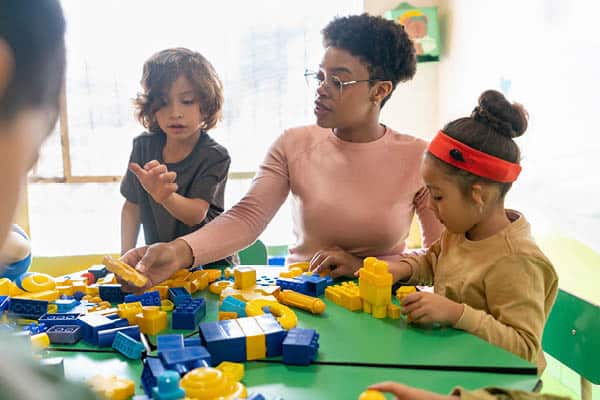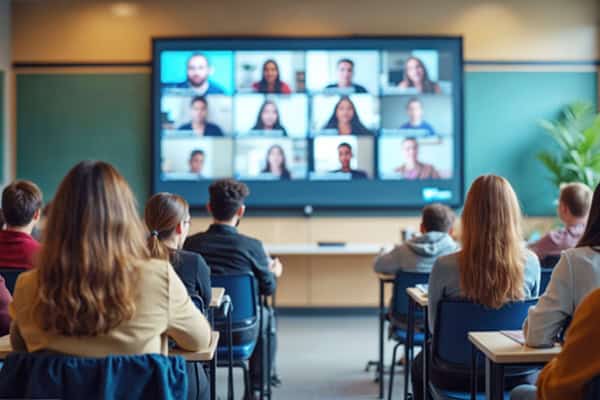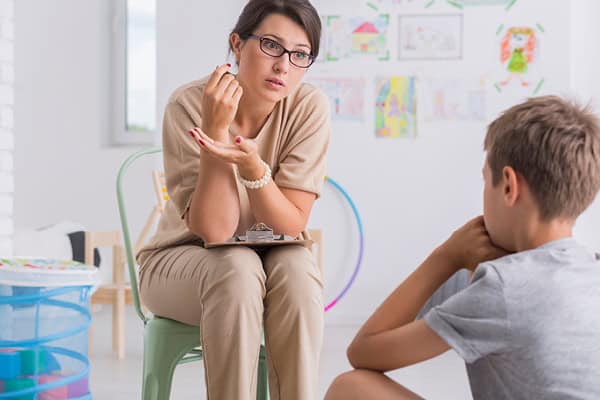When we’re young, playing and learning are inseparable, according to The Hechinger Report.
Then, somewhere around early elementary school, learning and play become separated for life.
Learning becomes a task that only takes place in proper classrooms with the help of textbooks, homework and tests. Play becomes a distraction that we’re only allowed to indulge in during our free time, often by earning it as a reward for studying. Students tend to grow up feeling as if learning is a stressful chore while playing is a reward.
But in recent years, educators have begun to rethink this separation. Some are taking concrete steps to reverse it by reintroducing play into their lessons, expanding learning to include spaces outside the classroom and incorporating practical learning opportunities within playful pastimes. The root of this change can be traced back to the concept of play theory, the idea that play and learning are fundamentally intertwined and that children benefit from a healthy balance of both.
Psychologists such as Jean Piaget, a pioneer in play theory, observed that play is vital to a child’s cognitive and language development and advised that opportunities and environments for play should evolve as a child matures.
For example, when a West Philadelphia bus stop added new features such as a hopscotch grid, a puzzle with movable pieces and artwork with hidden images, families began to interact with the space — and each other — much more often, and the community worked together to keep the area clean and approachable.
Pittsburgh is about to celebrate the inherent potential of play theory as a design feature with its new Let’s Play, PGH! initiative, which has invited 27 municipal and educational organizations in southwest Pennsylvania to plan, pitch and implement play-focused urban elements.
Adding time and space for play throughout the rhythm of the day sends a reminder that it’s okay to play and that learning happens everywhere. Play is natural, which is something children inherently know — and a lesson that parents, educators and city planners benefit greatly from remembering.
The Hechinger Report





